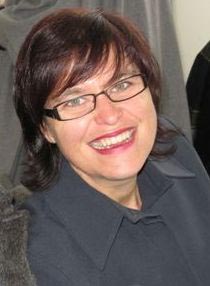 |
|
Prof. Regina Cornelia (Corli) Witthuhn
|
The Council of the University of the Free State (UFS) has approved the appointment of Prof. Regina Cornelia (Corli) Witthuhn as Vice-Dean of the Faculty of Natural and Agricultural Sciences at the University of the Free State (UFS).
Prof. Witthuhn, who is currently the Vice-Dean of the Faculty of AgriSciences at Stellenbosch University, will join the UFS on 1 August 2011.
Her career as an academic started in 1999 when she joined Maties as a lecturer. Prior to this move, she had, amongst others, worked part-time as a science and biology teacher at the Secondary School Eunice in Bloemfontein while completing her Ph.D. in microbiology at the UFS.
This former Bloemfonteiner’s return is a real asset, because she has been the recipient of many prominent awards, which includes those given by the American Pathological Society (APS) for Best student oral presentation.
Her CV also reflects participation in scientific research projects like those performed at the Vrije Universiteit in the Netherlands and the Iowa State University in America. Besides her numerous presentations delivered on local and international level as at the IUFoST 2010, the World Congress of Food Science and Technology, hosted in Cape Town, she also hold membership of several organisations. This includes the South African Association of Food Science and Technology (SAAFoST), the South African Society for Microbiology (SASM), the South African Society for Dairy Technology (SASDT) and the Society for Applied Microbiology (SfAM).
Prof. Witthuhn also acted as study leader for many students doing their magister and doctoral degrees in Food Sciences.
Media Release
18 March 2011
Issued by: Lacea Loader
Director: Strategic Communication
Tel: 051 401 2584
Cell: 083 645 2454
E-mail:
news@ufs.ac.za